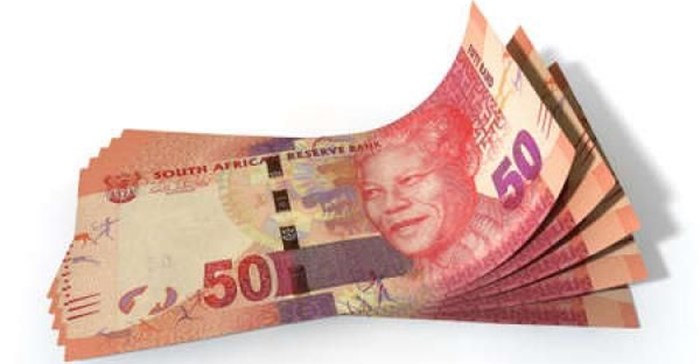
Top stories






More news






ESG & Sustainability
#Sona2026: President announces crisis committee to tackle SA's water challenges








The four financial entities contesting the allegations were BNP Paribas, JP Morgan Chase Bank, HSBC Bank PCC, and Credit Suisse Securities.
This brings to a head an eight-year inquiry into the matter in which the Competition Commission launched an investigation into 28 banks - both South African and international - for alleged price fixing involving the rand.
Covering the period from 2007 to 2013, the commission asserted that multiple banks had engaged in manipulating bid prices, offers, and bid-offer spreads concerning spot trades involving rand currency pairs.
It claimed that traders from competing banks communicated frequently and regularly while participating in transactions involving USD-ZAR currency pairs through online chat terminals. Consequently, purchasers of rands would pay prices artificially inflated, while sellers would execute sales at artificially reduced prices.
The commission claimed that the manipulation had repercussions on the exchange rate of the South African Rand. This, in turn, had wide-ranging effects on various facets of the South African economy, including imports and exports, foreign direct investment, public- and private debt, and the financial health of companies. South African workers would have ultimately carried the burden of the manipulation of the rand through retrenchments and lower salaries.
Moreover, the commission estimated the manipulated foreign-exchange trades at R1tn, and claimed involvement by banks, including Standard Bank, Barclays Africa (now Absa), BNP Paribas South Africa, Investec Ltd, and Citigroup.
The CAC’s decision comes on the back of Standard Chartered's admission of rand manipulation in November last year, which saw the British multinational lender break ranks and take responsibility for its involvement in the cartel.
At the time Standard Chartered expressed its commitment to co-operate with investigators and assist the Competition Commission in uncovering the depth of the malpractice.
Furthermore, Standard Chartered Bank agreed to pay South African authorities R43m for its part in the scandal.
"The ruling by the Competition Appeal Commission dismissing the case against the majority of the 28 banks accused of colluding to manipulate the rand highlights an alarming lack of transparency within the banking sector and raises serious concerns about the efficacy of regulatory oversights," says Harry Scherzer, chief executive officer of Future Forex.
"It is highly concerning to see the likes of FNB, Standard Bank, and Nedbank being let off the hook due to a lack of direct evidence when Standard Charter has already been fined for their wrongdoing and many other international- and local banks are still being questioned."
"Market manipulation of this scale is likely to involve most, if not all, of South Africa's major banks, so it feels like a real let-off, and it's likely due to the size of the legal teams of these banks."
Scherzer said the public deserves transparency and confidence in the financial system.
"Decisions like these erode the trust that citizens place in the banking system as well as the regulatory bodies that govern them."
In a media statement released by the Competition Commission on Wednesday, 10 January 2024, the commission said it notes the judgment by the Competition Appeal Court (CAC) handed down on 8 January 2024 following appeals, review- and dismissal applications brought by 23 of the respondent banks against the decision of the Competition Tribunal dated 30 March 2023.
"The Commission is currently considering the judgment and consulting its legal team before deciding on the next course of action," it said.
*This article was originally published on 9 January 2024, and updated on 10 January 2024 and 11 January 2024 .